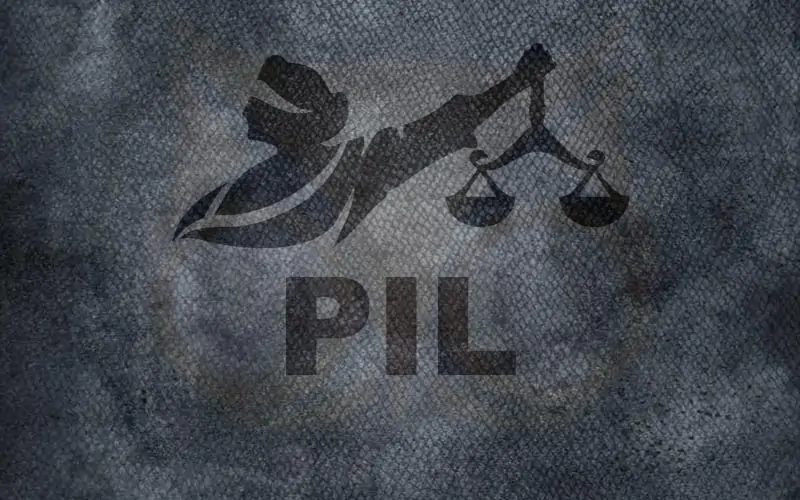Max Weber’s Concept of Bureaucracy
Bureaucracy was first developed systematically by Max Weber, an eminent sociologist, in the nineteenth century. According to him, every organization can be defined as a structure of activities (means) directed towards the achievement of certain objectives (ends). To maximize efficiency and productivity every organization develops a system of specialization (division of tasks) and a set of systematic rules and procedures.
Here Weber emphasized on bureaucratic from of organization. It can only attain the highest degree of efficiency and also control over human being in the organization. It is superior to every other form in precision, stability, discipline and reliability. Weber identify three important factors for the necessity of bureaucracy in modern society.
Firstly, for the development of modern large scale organization, a bureaucracy is essential. Whatever may be the evils of bureaucracy, it is indiscipline for the running of complex administrative structures.
Secondly, for the development of modern technology bureaucratic organisation is essential. Whatever may be, the economic system in the organization, capitalistic or socialistic, a considerable degree of bureaucratic specialization is required to attain a high level of organizational efficiency.
Thirdly, for the capitalist system, bureaucratic organization is essential. Because a capitalist system required a stable state and a well organized administration for its proper functioning.
Max Weber in his theory of bureaucracy raised the question as to how one person exercises power over others. His answer was that the exercise of power becomes acceptable if it is justified or legitimized. Legitimization in one way leads to one type of authority.
Thus he laid clown three types of authorities:
- Traditional Authority.
- Charismatic Authority.
- Legal-rational Authority.
The conformity with customs and personal arbitrariness are two characteristics of traditional authority. Charism and its acceptance forms the basis of charismatic authority. In a legal rational authority, obedience is owed to the legally established impersonal rules. Legal-rational authority is the best example of bureaucracy. The position of the bureaucrat, his relation with the ruler, the ruled and his colleagues are regulated by impersonal rules.
Weber has prescribed the following characteristic of a rational bureaucrat:
Division of Labor: The total task of the organization is divided into a number of specialized functions and each employee performs a specific function and becomes efficient in that field. As every employee performs a specific function and become efficient, productivity and efficiency of the organization no doubt increase.
Im personability: The bureaucratic form has no place for personal whims, fancies or irrational sentiments. Official activity is conducted in a business manner without bias.
Personal and Public Ends: The demands and interest of personal affairs are kept completely separate to prevent them from interfering with the rational impersonal conduct of the organization’s activities.
Hierarchy: Hierarchy is the another important characteristic of a bureaucratic form of organization. There is a separation between superior and subordinate offices, i.e. each lower office is under the control and supervision of a higher one.
Abstract Rules: Bureaucracy operates in accordance with a consistent system of abstract rules laid down regarding the performance of official jobs. The role of rulers has been stressed by Weber so that personal favoritism, arbitrariness or re position may not hinder the working of an organization. Every act of personal direction of official must be justified by impersonal ends.
Monthly Salary and Pension Right: Officials hold office by appointment and on the basis of a contractual relationship between themselves and the organization. Then there are fixed salaries which are given in accordance with the nature of the job of responsibility as well as the social status. Promotion and career advancement are on the basis of seniority and merit. In addition, pension scheme and provident fund are provided at the time of retirement.
Official Records: One important feature of between of Webein bureaucracy is that the administrative acts, decision and rules are formulated and recorded in ‘writing. Documents make the administration accountable to people and provide a ready reference for future action.





